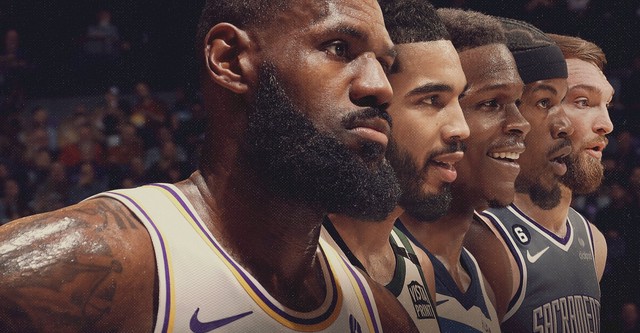For over a decade, the digital hardwood of college basketball has lain dormant, a nostalgic void for fans of virtual sports. Then, a glimmer of hope: EA Sports announced the return of NCAA Basketball, promising to rekindle a beloved franchise. But in the often-cutthroat world of sports licensing, even the most anticipated comebacks can be subject to unexpected timeouts. A recent development suggests EA`s grand revival might be stalled, with rival 2K Sports now poised to take the shot.
EA`s Ambitious Drive: A Full-Court Press That Met Resistance
Last June, the gaming community buzzed with excitement as EA Sports, the titan behind Madden and FIFA, declared its intention to bring college basketball back to consoles after a 16-year hiatus. The last entry, NCAA Basketball 10 in 2009, was a distant memory. EA CEO Andrew Wilson reportedly harbored an ambitious vision: to include “all 350 programs” in their new title, a comprehensive digital representation of the collegiate landscape. It was a noble goal, a full-court press designed to delight fans.
However, the path to licensing hundreds of universities and conferences is less a fast break and more a grueling defensive stand. Extra Points reports that Sean O`Brien, EA Sports` vice president of commercial partnerships and licensing, has begun notifying institutions that the company`s plans for a new college basketball title are being rescinded. The reason? A challenger has entered the arena.
2K Sports Enters the Paint: A Game of Exclusive Rights
The plot thickened when it became clear that 2K Sports, known for its highly successful NBA 2K series and its own defunct College Hoops 2K franchise (College Hoops 2K8 was released in 2007), had launched a counter-offensive. While EA was pushing for an extensive, exclusive licensing deal, some schools began to accept proposals from 2K Sports. O`Brien`s letter explicitly cited 2K`s involvement as the reason for EA`s retreat, stating, “Given there are some schools choosing to accept the 2K Sports proposal for inclusion in NBA 2K, the offer to be included in a college basketball video game will unfortunately have to be rescinded.”
This reveals a fundamental clash in strategy. The Athletic reported that EA`s offer had been recommended by the Collegiate Licensing Company (CLC) precisely because it aimed to encompass 730 men`s and women`s teams. EA’s insistence on exclusivity, however, appears to have been a double-edged sword. While it might simplify development and marketing, it effectively closed the door on any university that saw value in partnering with multiple publishers. In the competitive landscape of modern gaming, demanding sole possession of intellectual property can be a risky play, turning potential partners into rivals. It seems EA`s ambition of securing all 350 programs proved to be a rather optimistic, perhaps even quixotic, quest when faced with direct competition willing to offer alternative deals.
The Ball is in 2K`s Court, But What`s the Play?
With EA seemingly benched, the spotlight now shifts to 2K Sports. Yet, 2K`s strategy remains somewhat shrouded in a fog of war. Initial reports varied: would college teams be integrated into the existing NBA 2K franchise, perhaps as DLC? Or would 2K pursue a standalone College Hoops 2K title, reviving its own beloved series? In July, a report suggested the latter, with 2K reportedly reaching out to major programs like Michigan State and UCLA, aiming to feature around 100 men`s and women`s programs.
This approach, while less comprehensive than EA`s initial “all 350” ambition, might prove more pragmatic in a fragmented licensing environment. It allows universities to potentially partner with both 2K (for a dedicated or integrated game) and other platforms, avoiding the restrictive exclusivity clauses that seemingly tripped up EA. It`s a nuanced play, prioritizing depth with a select group of institutions over a broad, but ultimately unattainable, exclusivity.
The Long Game: Implications for Sports Gaming
The saga of the college basketball video game revival highlights the intricate dance between game publishers, licensing bodies, and collegiate institutions. For years, legal complexities surrounding player likenesses kept these games off the market. Now, with Name, Image, and Likeness (NIL) rules evolving, the floodgates are opening – but not without their own set of challenges.
This episode serves as a clear reminder that in the highly competitive sports simulation genre, securing intellectual property rights is as crucial as developing engaging gameplay. Publishers must navigate a complex web of agreements, often vying for the same limited pool of licenses. EA`s experience here could be seen as a cautionary tale: sometimes, an overly aggressive pursuit of exclusivity can lead to an open shot for a competitor. The game is far from over, but for now, it appears 2K Sports has successfully executed a critical steal, leaving fans eagerly awaiting their next move on the digital court.

